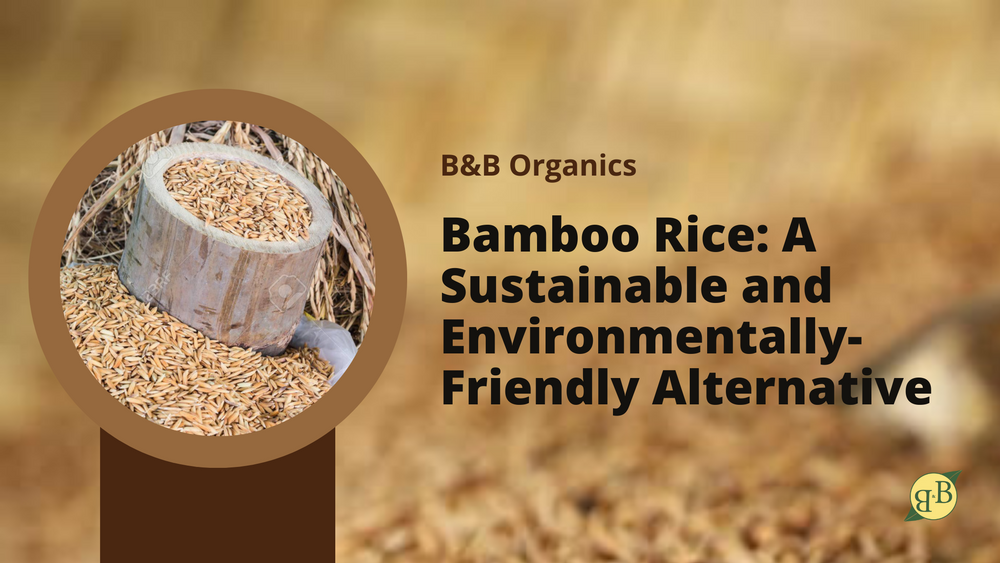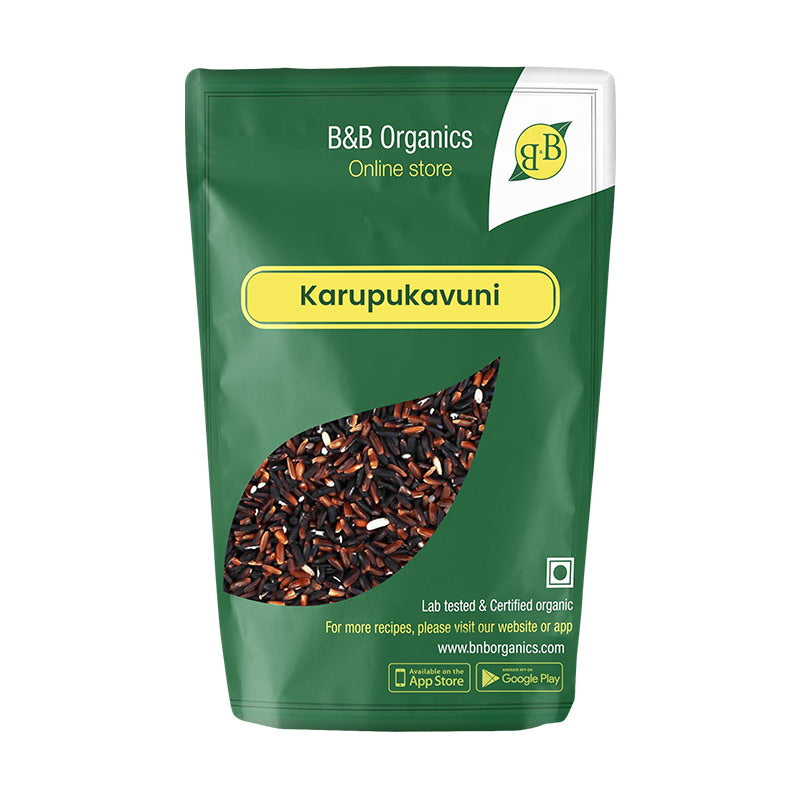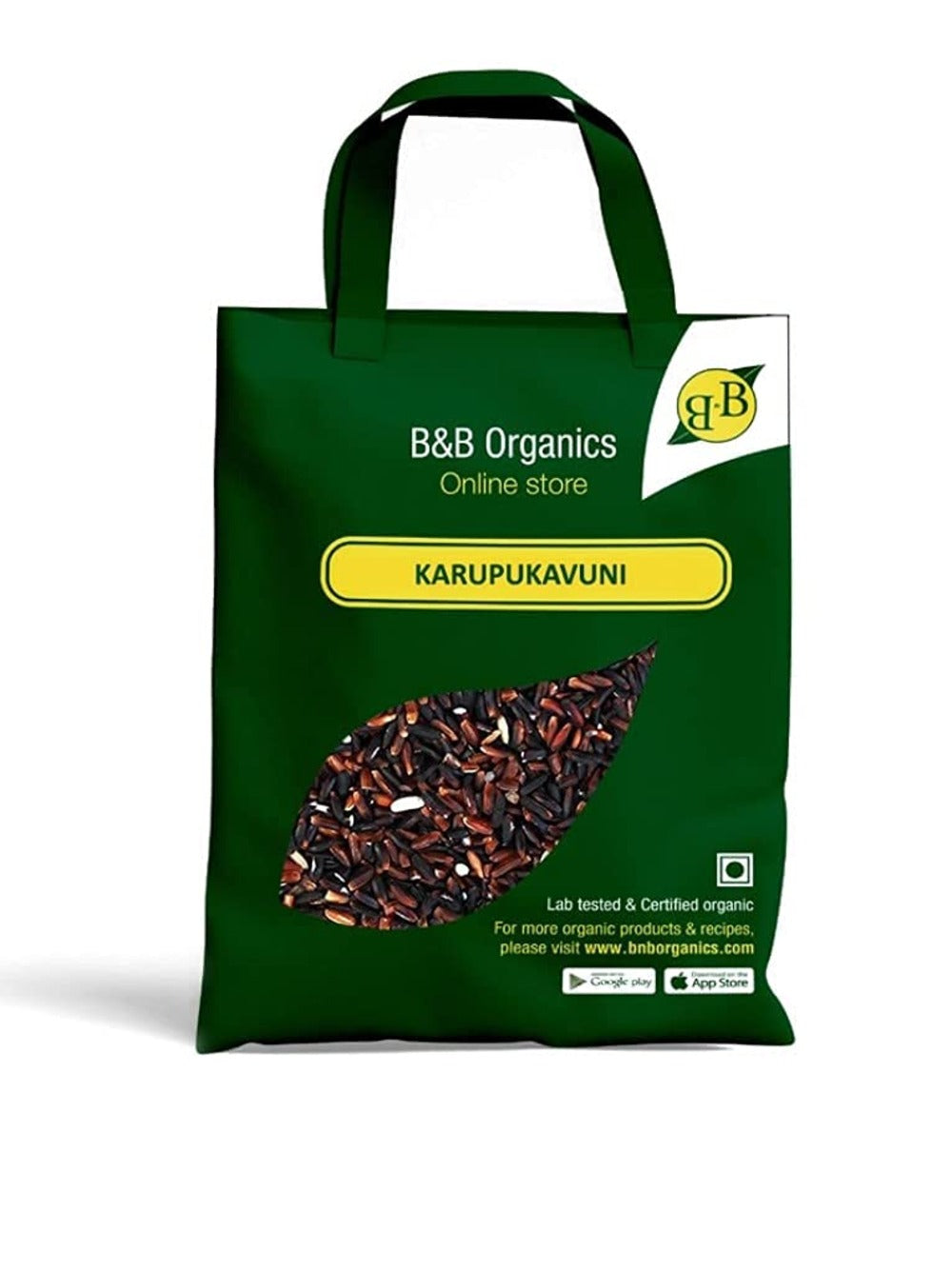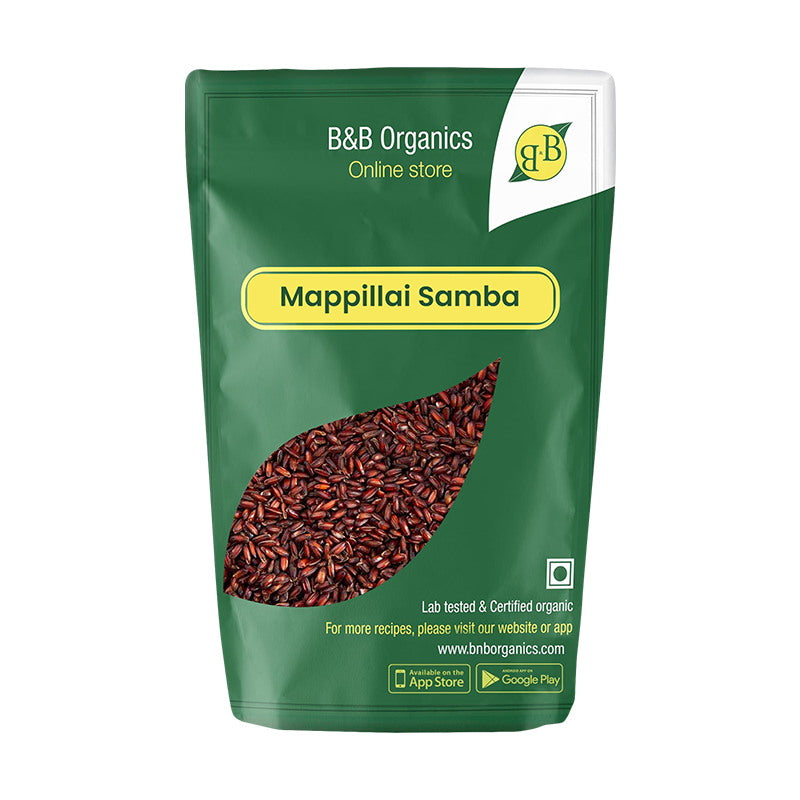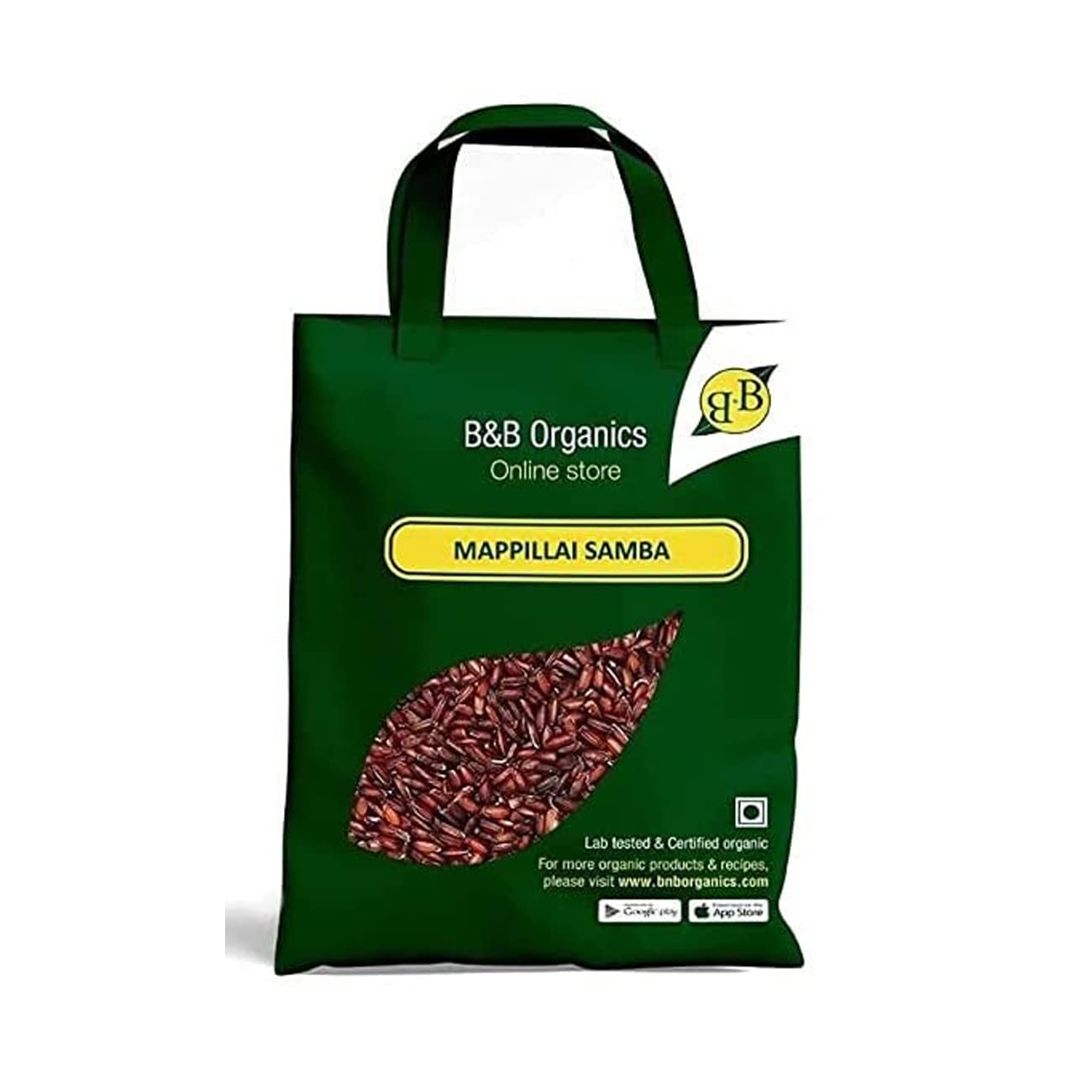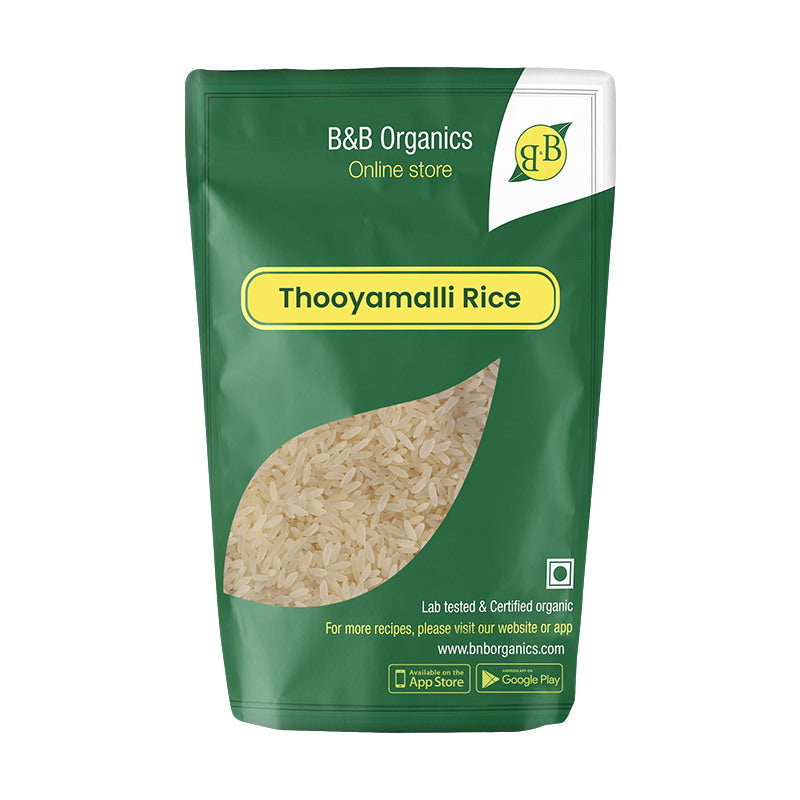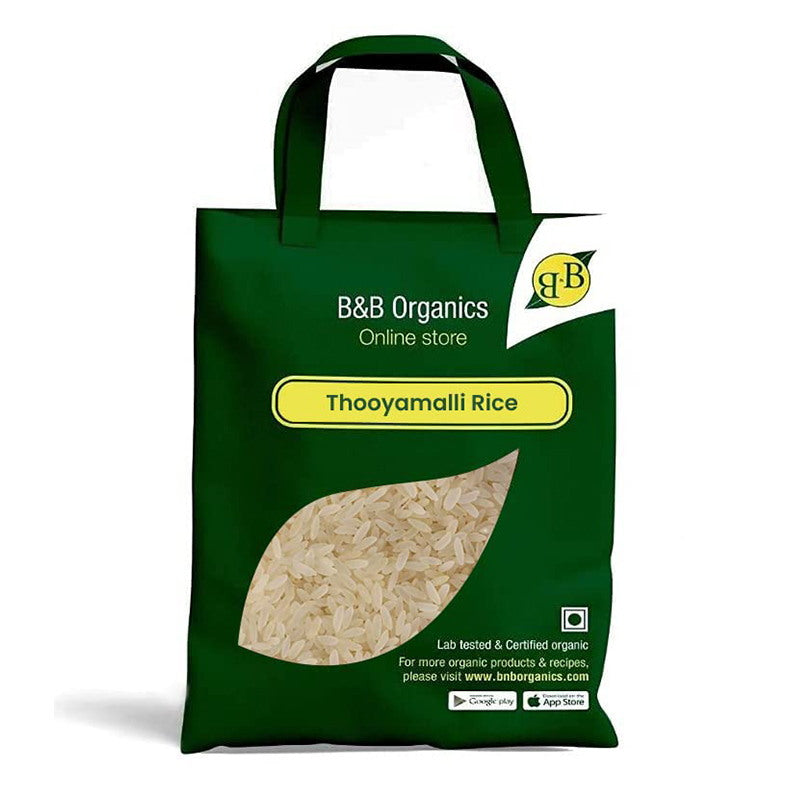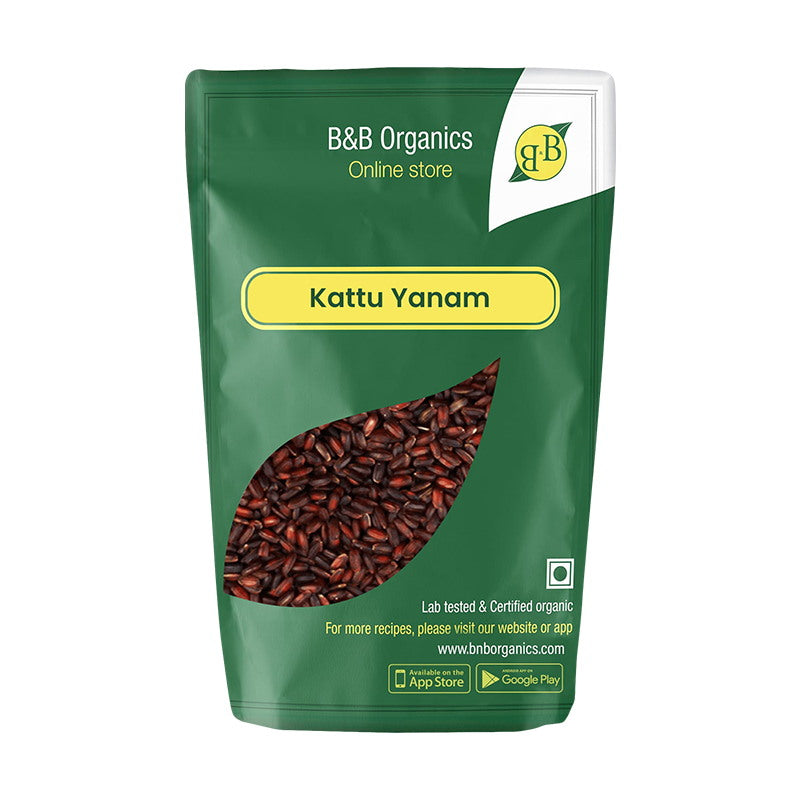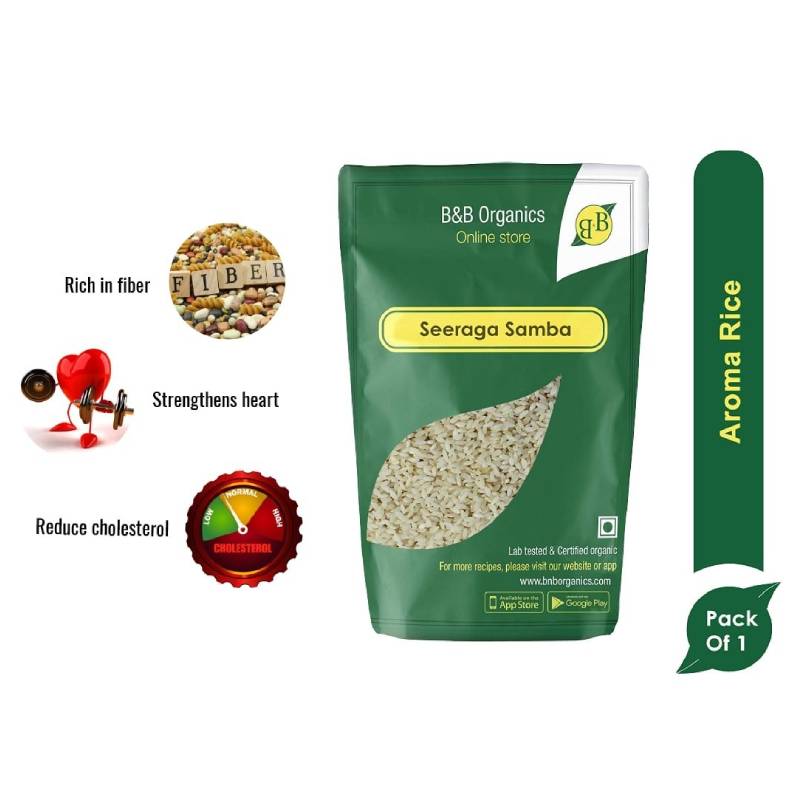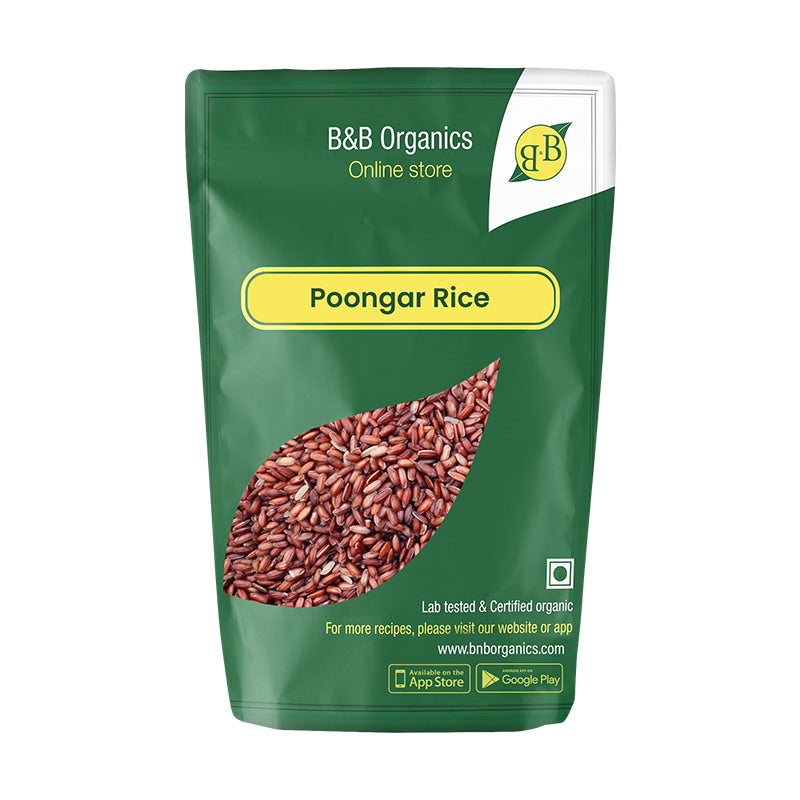As the world becomes more environmentally conscious, it's important to seek out sustainable and eco-friendly alternatives in our daily lives. Bamboo rice is one such alternative that is gaining popularity due to its unique properties and environmental benefits.
Bamboo rice is not actually a species of rice but rather a short-grain rice that is infused with bamboo juice during the cooking process. The result is a fragrant and nutty-tasting rice that has a light green color due to the chlorophyll present in the bamboo juice. In addition to its unique flavor and appearance, bamboo rice is also highly sustainable and environmentally-friendly.
The cultivation of bamboo rice is a low-impact agricultural practice that requires minimal water and fertilizer compared to traditional rice farming methods. Bamboo is a fast-growing plant that can grow up to three feet in a single day, making it a highly renewable resource. Additionally, bamboo forests provide a natural habitat for many species of animals and help to prevent soil erosion.
Compared to traditional rice farming methods, bamboo rice requires less water and fertilizer, resulting in a smaller environmental footprint. This is especially important in regions where water is a scarce resource or where traditional rice farming practices have led to environmental degradation.
Bamboo rice is also a healthier option compared to traditional rice varieties. It contains high levels of fiber, which can help to regulate blood sugar levels and improve digestion. Additionally, bamboo rice is rich in antioxidants, which can help to protect the body against cellular damage and reduce the risk of chronic diseases.
The unique flavor and texture of bamboo rice make it a versatile ingredient that can be used in a variety of dishes. It pairs well with both savory and sweet flavors and can be used in everything from sushi rolls to risottos. Its nutty flavor and light green color also make it a popular ingredient for desserts such as rice pudding and cakes.
In addition to its culinary uses, bamboo rice has also been used in traditional medicine for centuries. It is believed to have anti-inflammatory properties and can be used to treat a variety of ailments such as arthritis and digestive issues.
Overall, bamboo rice is a sustainable and environmentally-friendly alternative to traditional rice varieties. Its unique flavor, nutritional benefits, and versatility make it an excellent choice for eco-conscious consumers looking for a healthier and more sustainable food option. So why not give bamboo rice a try in your next meal and contribute to a healthier planet?


